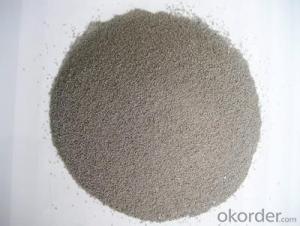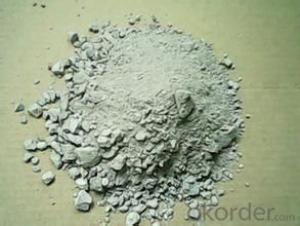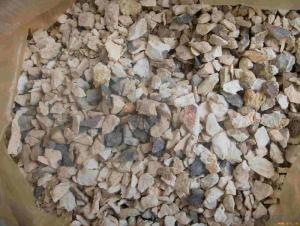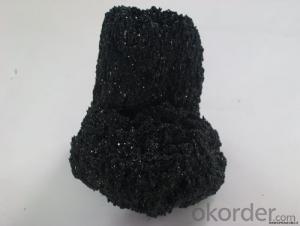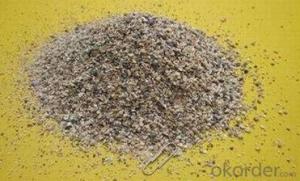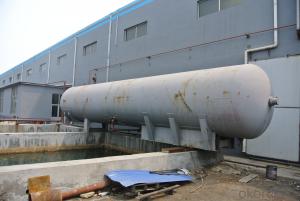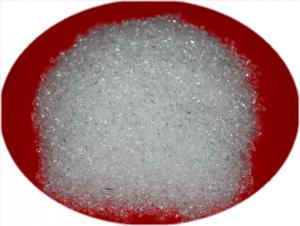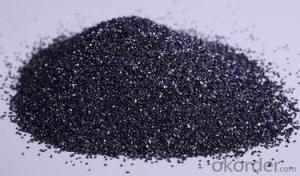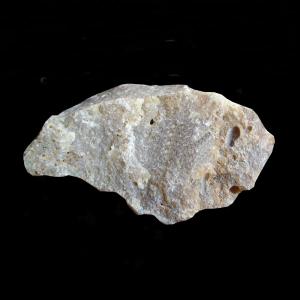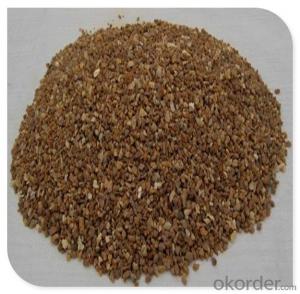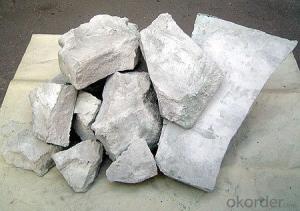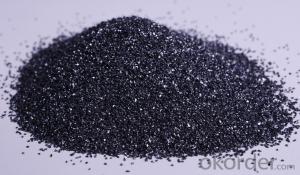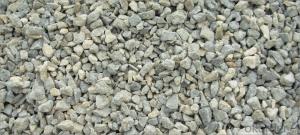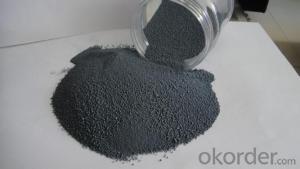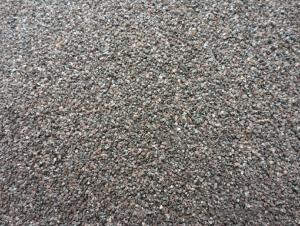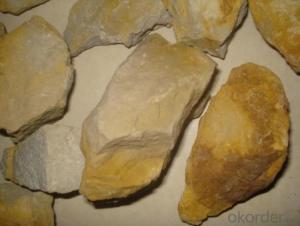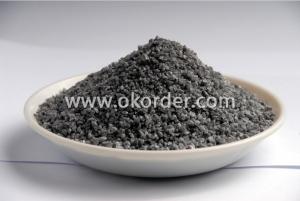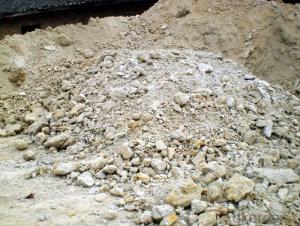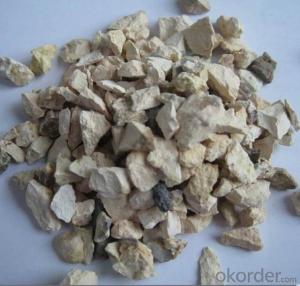All Categories
- - Steel Wire Rod
- - Steel Coils
- - Steel Profiles
- - Steel Pipes
- - Stainless Steel
- - Tinplate
- - Special Steel
- - Steel Sheets
- - Steel Rebars
- - Steel Strips
- - Hot Rolled Steel
- - Cold Rolled Steel
- - Pre-painted Steel
- - Seamless Steel Pipe
- - Welded Steel Pipe
- - Hollow Steel Tubes
- - Galvanized Pipe
- - Stainless Steel Coil
- - Stainless Steel Sheet
- - Stainless Steel Plate
- - Stainless Steel Strips
- - Electrolytic Tinplate Coil
- - Electrolytic Tinplate Sheet
- - Stainless Steel Rebars
- - Solar Panels
- - Solar Water Heater
- - Solar Related Products
- - Solar Inverter
- - Solar Cells
- - Solar Light
- - Solar Energy Systems
- - Solar Controllers
- - Solar Mounting System
- - Solar Pump
- - Solar Chargers
- - Fiberglass Chopped Strand
- - Fiberglass Mesh Cloth
- - Composite Pipes
- - FRP Pultrusion Profiles
- - Fiberglass Mat Tissue
- - Fiberglass Fabrics
- - Fiberglass Mesh
- - Composite Tank
- - Fiberglass Mesh tape
- - Polymer
- - FRP Roofing Panel
- - Fiberglass Roving
- - Monolithic Refractories
- - Ceramic Fiber Products
- - Refractory Bricks
- - Raw Materials For Refractory
- - Suspended Platform
- - Cranes
- - Concrete Machinery
- - Earthmoving Machinery
- - Building Hoist
- - Road Building Machinery
- - Plastic Pipe Fittings
- - Plastic Tubes
- - Plastic Sheets
- - Agricultural Plastic Products
- - Plastic Nets
Q & A
Describe the use of refractory bricks in glass melting furnaces.
Refractory bricks are used in glass melting furnaces to line the interior walls and floor of the furnace. These bricks are made from materials with high heat resistance, such as silica, alumina, or zirconia, and can withstand the extreme temperatures required for melting glass. The refractory bricks help to insulate the furnace, preventing heat loss and ensuring that the heat is concentrated within the furnace chamber. They also protect the metal shell of the furnace from the corrosive effects of molten glass. Overall, refractory bricks play a crucial role in maintaining the efficiency and longevity of glass melting furnaces.
What is the purpose of fused silica in refractory materials?
The purpose of fused silica in refractory materials is to enhance their thermal stability and resistance to high temperatures. Fused silica has a high melting point and low thermal expansion, making it ideal for use in refractory materials that are subjected to extreme heat and thermal cycling. It helps to prevent the refractory material from cracking or failing under these harsh conditions, ensuring its longevity and effectiveness.
How do raw materials affect the mechanical strength of refractory products?
Raw materials play a crucial role in determining the mechanical strength of refractory products. The choice of raw materials, such as alumina, silica, and magnesia, directly impacts the overall structural integrity and performance of refractories. The composition and quality of these materials determine the bonding characteristics, porosity, and density of the final product. By carefully selecting and controlling the raw materials, manufacturers can enhance the mechanical strength, resistance to thermal shock, and load-bearing capacity of refractory products.
What are the advantages of using spinel in refractory applications?
There are several advantages of using spinel in refractory applications. Firstly, spinel has excellent thermal stability and can withstand high temperatures, making it suitable for use in furnaces, kilns, and other high-temperature environments. Secondly, spinel has low thermal conductivity, which helps in reducing heat loss and improving energy efficiency. Additionally, spinel has high resistance to chemical attack, making it highly durable and able to withstand corrosive environments. Lastly, spinel has good mechanical strength and abrasion resistance, ensuring long-lasting performance in refractory applications.
Wholesale Raw Materials For Refractory from supplier in Botswana
We are a Raw Materials For Refractory supplier serving the Botswana, mainly engaged in the sale, quotation, and technical support services of various Raw Materials For Refractory products in the Botswana region. We are a subsidiary platform of the Fortune Global 500 company CNBM, able to provide you with one-stop Raw Materials For Refractory procurement services in the Botswana. Not only do we have a wide range of Raw Materials For Refractory products, but after years of market development in the Botswana, we can also provide valuable experience for your projects.
Hot Search
- Monolithic Refractories in Eritrea
- Ceramic Fiber Products in Portugal
- Refractory Bricks in Mongolia
- Raw Materials For Refractory in Slovakia
- Raw Materials For Refractory in Mauritius
- Raw Materials For Refractory in Ukraine
- Refractory Bricks in Guinea
- Monolithic Refractories in Bhutan
- Refractory Bricks in Belarus
- Ceramic Fiber Products in Seychelles
